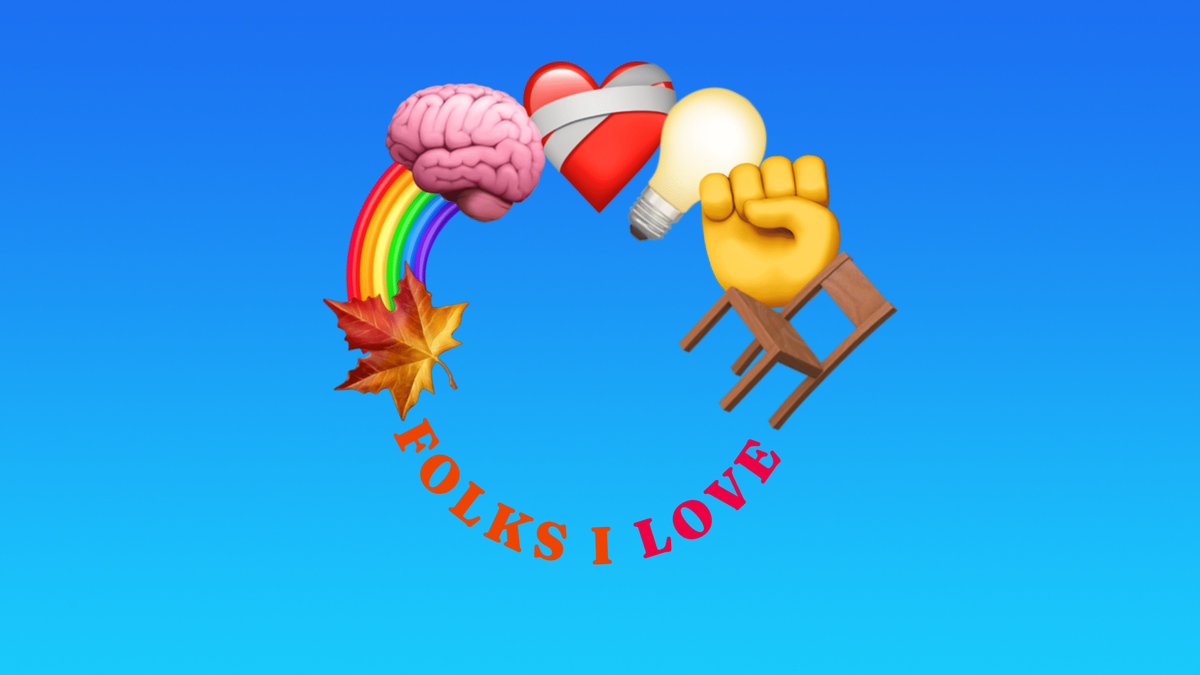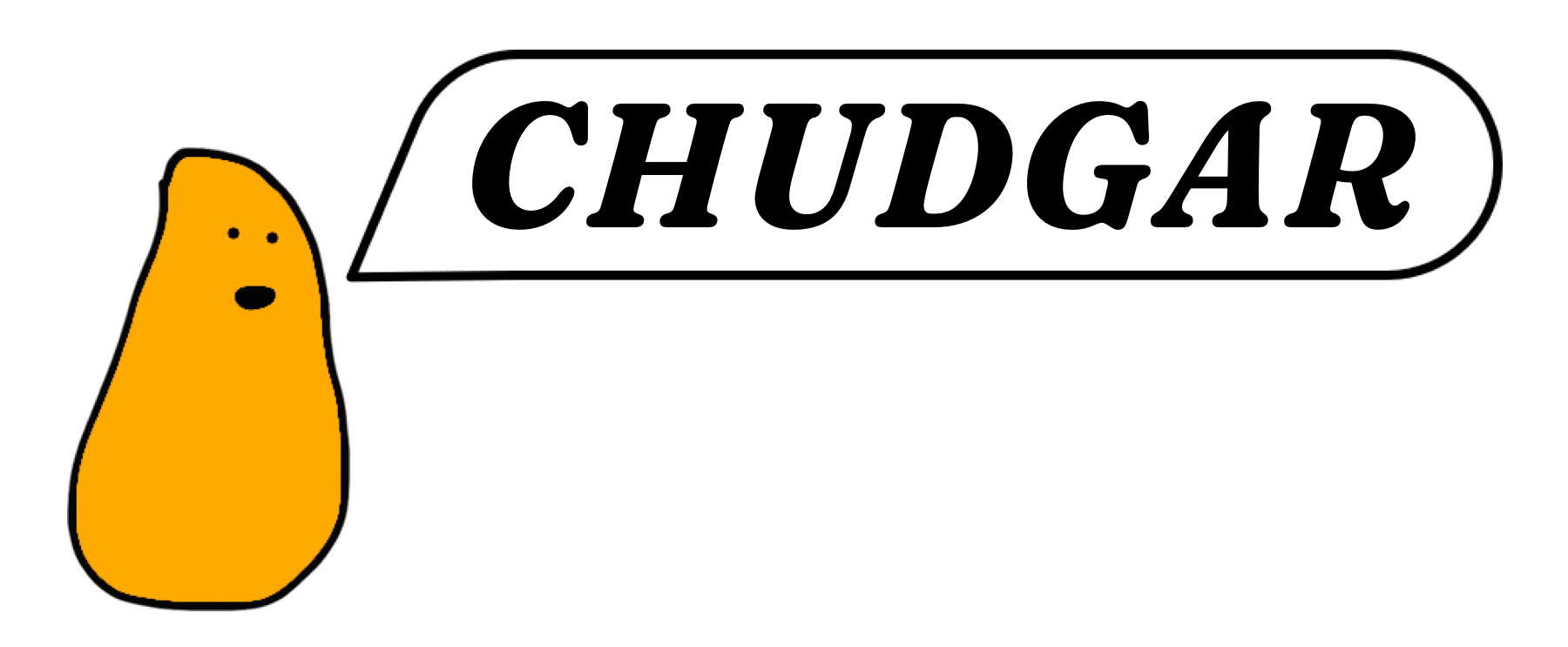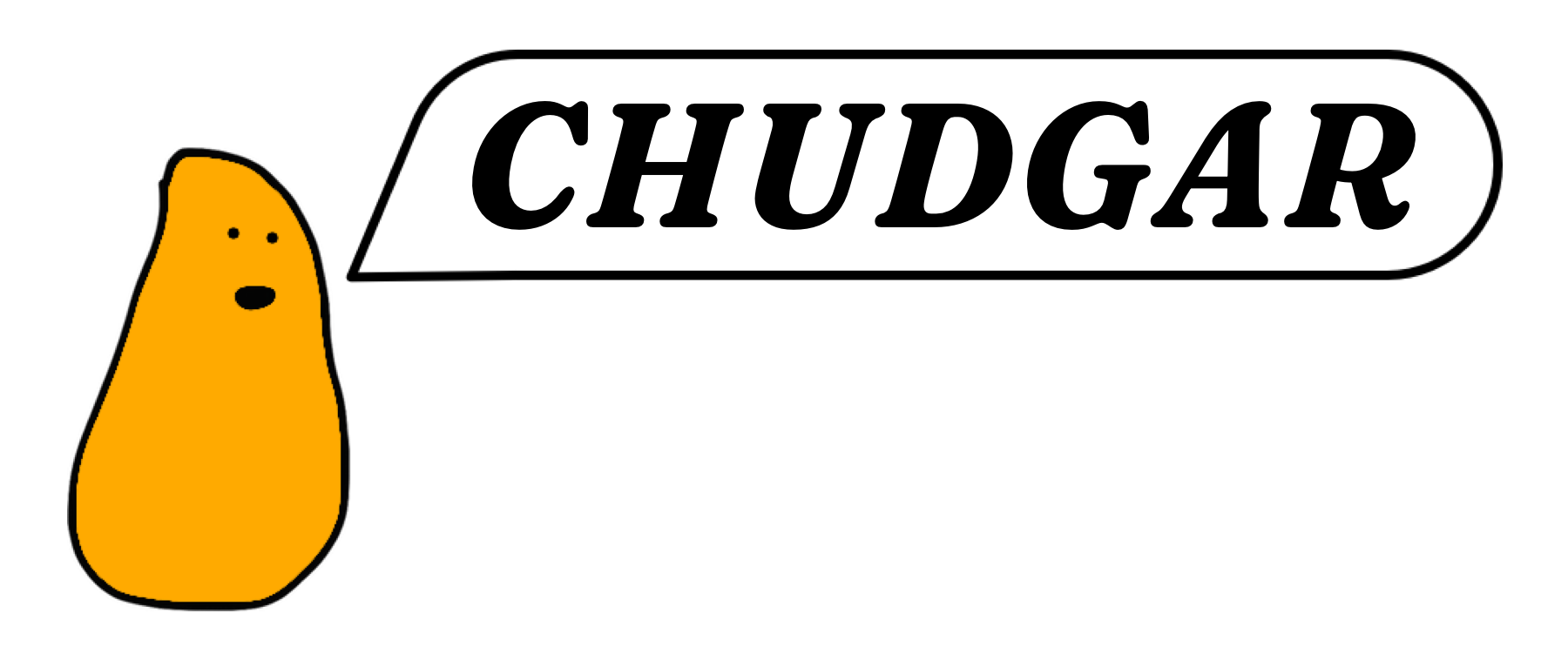FAQ: What kinds of clients do you like to work with?
Because of who I am and what I care about, I love working with certain kinds of folks in particular.

The particular set of identities, experiences, and values I bring into coaching makes me take special joy in supporting folks who share some of them.
✊ Organizers, care workers, justice seekers
The people I admire most in the world are those who devote their lives to building community power, caring for other beings, and fighting for justice. If it’s your mission to help the world heal, you probably have your own healing to do — and understanding your own inner community can help. Unlike most Western methods for personal growth, the work I do isn’t just about individual healing: it’s a liberatory theory of human systems at every scale. Exploring your own internal system can help you become a more powerful, joyful agent of care and healing in all the communities you care about.
🌈 LGBTQ+ and nonbinary folks
At first I was a very feminine little boy. Then I became an angry gay man in combat boots, and after that a quiet gay man in business casual. Lately, I’ve been aging into a mellow and increasingly nonbinary queerness. Getting to know my inner world has helped me understand my own gender and sexuality in healing and liberating ways. If you’re queer or enby in some way yourself (or might be), I’d love to help you explore your internal world to find your own kind of liberation.
💡 Creative people (current or potential)
Maybe you’re a working culture creator: a writer, an artist, a musician, a performer. Maybe you know you have stories to tell, songs to sing, works to create, or worlds to build — if only you knew how. If you create, or want to, or think maybe someday you could, getting to know your inner family can liberate your creativity with astonishing results. That’s exactly what happened for me with writing! I’d love to help you explore the full range of your own creativity too.
🧠 Neurodivergent comrades
I’ve always been very weird, which has led professionals to diagnose me in lots of ways over the years — everything from cyclothymia (which didn’t fit) to OCD and PTSD and ADHD (which do, kind of). But lately, other folks who are similarly weird have realized that our weirdnesses overlap, and we use the term neurodivergent to encompass those similarities. Understanding my own internal system has helped me make sense of my neurodivergence (and neuroqueerness), manage the troublesome parts, and optimize the awesome parts. If you’re on the autism spectrum, have ADHD, or otherwise identify as neurodivergent, exploring your inner world can help you too.
❤️🩹 Survivors of childhood abuse
Like many people, I’ve spent much of my grown-up life trying to come to terms with the abuse I went through as a little kid. Many practices I tried, from traditional therapy to restorative justice, were helpful. But I didn’t really start healing those old wounds until I started exploring my own inner world. Through that process, I discovered the parts of myself who were still hurting from the past, learned how to help them heal, and built loving relationships with them in the present. If you’ve been struggling with your own history of childhood abuse, gentle inner inquiry is an exceptionally effective way to start healing. I can tell you this from experience.
🪑 Folks in or out of 12-step recovery
I spent 11 intense and rewarding years in 12-step recovery, and the people of A.A. (and some other fellowships) saved my life and then taught me how to live. Since then, my healing led me out of both A.A. and sobriety, and I’ve come recognize that some aspects of the program were quite harmful, to me and others. But I don’t regret a second of my time “in the rooms,” and I will always feel a deep kinship with others who share the 12-step experience. Whether you’re in or out of 12-step recovery, exploring your inner world can help you meet “life on life’s terms” with greater serenity and ease.
🍁 Folks in midlife
Many of us, me included, encounter huge and entirely unexpected challenges just when we’re starting the second half of our lives. (Dante called this the “dark forest” of middle age.) That’s exactly what happened for me: at 40, I found myself more confused, directionless and panicky than I’d ever been before. Fortunately, that’s when I found Internal Family Systems. Exploring my inner world gave me a whole new way to understand my decades of lived experience, the troubles that continued to vex me, and my purpose in the world. If you’re staring at the second half of your life and not sure what to do, this sort of inner work can help.
📿 People of faith (of any kind)
I grew up as a very pious Roman Catholic, with strong influences from my father’s Hindu faith. As I got older, I started questioning Catholic doctrine, and I went with my mother to a variety of Protestant churches. By my late twenties, I was going to an Episcopalian church, which never quite satisfied me — but the church I went to had A.A. meetings in the basement, where I found exactly what I had always been looking for. The fellowship of recovery gave me a new, deeply personal way of approaching “God as I understood God,” which persisted long after I’d left A.A. These days, my primary spiritual community is my internal family; my parts and I pray and practice Buddhist meditation together every day. If you’re a person of any kind of faith, exploring your inner world can be a powerful way to deepen your own relationship with the divine, however you experience it.

